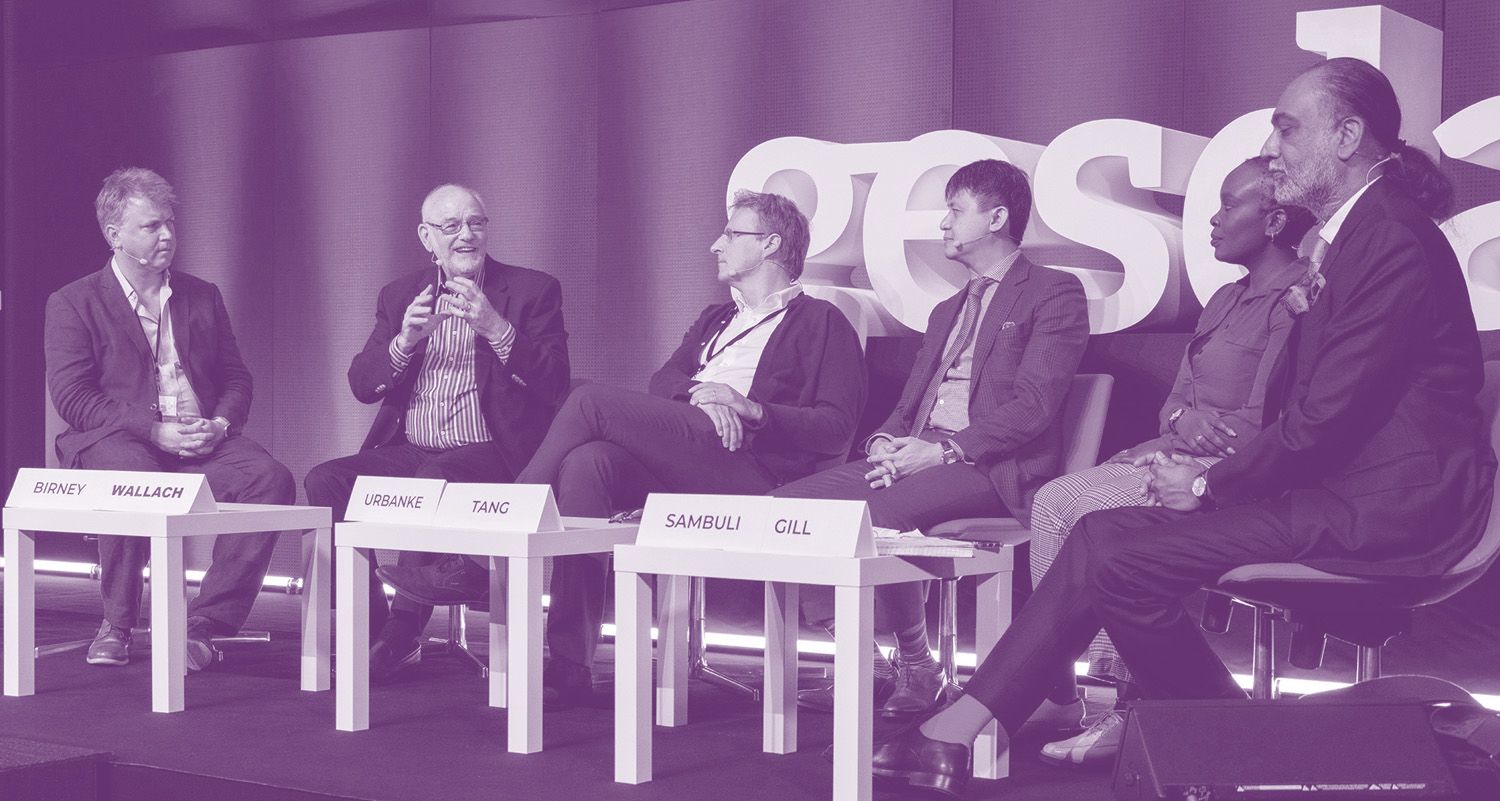Rüdiger L. Urbanke obtained his Dipl. Ing. degree from the Vienna University of Technology, Austria in 1990 and the M.Sc. and PhD degrees in Electrical Engineering from Washington University in St. Louis, MO, in 1992 and 1995, respectively.
He held a position at the Mathematics of Communications Department at Bell Labs from 1995 till 1999 before becoming a faculty member at the School of Computer & Communication Sciences (I&C) of EPFL. He is a member of the Information Processing Group.
He is principally interested in the analysis and design of iterative coding schemes, which allow reliable transmission close to theoretical limits at low complexities. Such schemes are part of most modern communications standards, including wireless transmission, optical communication and hard disk storage. More broadly, his research focuses on the analysis of graphical models and the application of methods from statistical physics to problems in communications.
From 2000-2004 he was an Associate Editor of the IEEE Transactions on Information Theory and he is currently on the board of the series «Foundations and Trends in Communications and Information Theory». In 2017 he was President of the Information Theory Society. From 2009 till 2012 he was the head of the I&C doctoral school, in 2013 he served as Dean a. i. of I&C, and since 2016 he is the Associated Dean for teaching of I&C. He is a coauthor of the book Modern Coding Theory published by Cambridge University Press.






